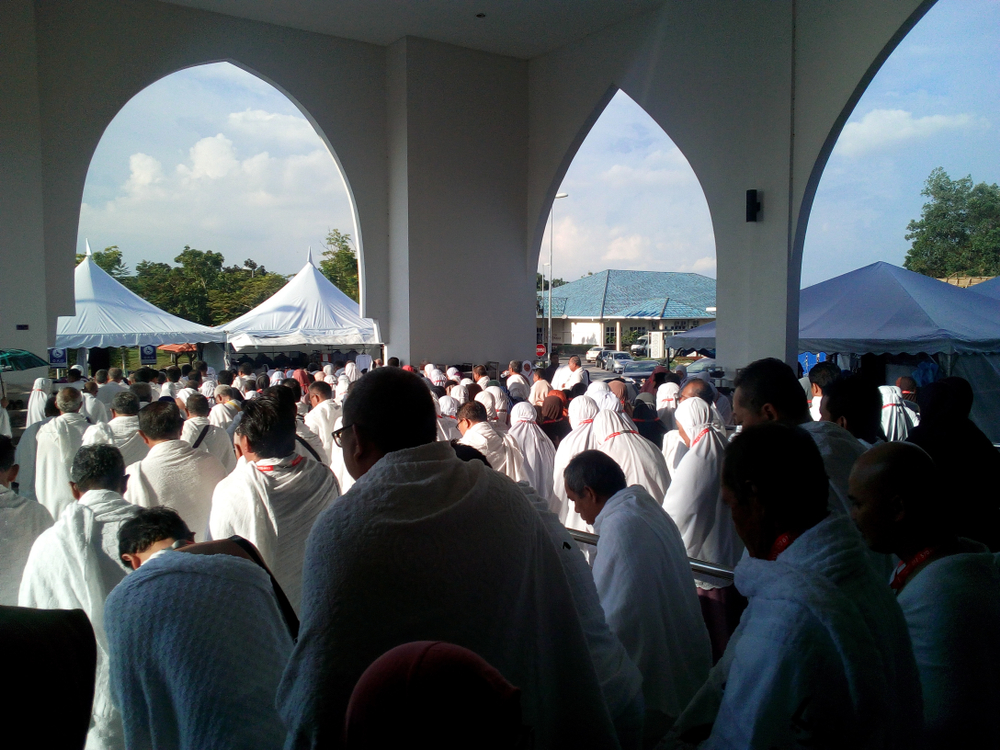Do Muslims Worship the Kabah?
Name of Questioner: Gabriel
Date: 28-1-2015 02:46:04 PM
Consultant: Ask About Islam Editorial Staff
Why do Muslims worship a black structure?
Salam dear questioner,
Thank you for your question.
 The simple cube-shaped stone building located in Makkah is called the Kabah or the Sacred House. It is the point towards which Muslims face when they pray.
The simple cube-shaped stone building located in Makkah is called the Kabah or the Sacred House. It is the point towards which Muslims face when they pray.
Although Muslims face the direction of the Kabah during prayer, they do not worship it. Muslims worship and pray only to God (Allah).
The Kabah was built by the Prophet Abraham and his son Ishmael (peace be upon them) in response to God's command over 4,000 years ago. Abraham (peace be upon him) consecrated the House for the worship of the one true God and invited all of humanity to visit it for that purpose. Muslims who are physically and financially able are required to make a pilgrimage to it once in a lifetime.
Before the advent of prophet Muhammad (peace be upon him), religion among the Arabs had degenerated into polytheism and paganism, and Makkah was completely submerged in idolatry; some 360 idols had been placed in and around the Ka`bah to be worshipped there along with God.
Prophet Muhammad was sent to restore to mankind the pure monotheism taught by all the messengers of God and reinstate the worship of Him alone. This he accomplished, and the Ka`bah was finally cleared of all manmade deities.
Among the religious rites particular to the Ka`bah is going around it as it symbolizes the unity of all true religions, the brotherhood of all the Prophets, and the essential consistency of their message.
When Muslims pray facing toward this single central point, they are reminded of their common purpose and long-term goal. Even when standing directly towards the Ka`bah in prayer, one is not to look at it but rather at the ground before him. The spiritual focus is on God alone and never upon any created object.
For more clarification read this:
The Kabah: Manifestation of Monotheism or Idolatry
______________
Source: This answer is based on the book of Clear Your Doubts about Islam by Sahih International.